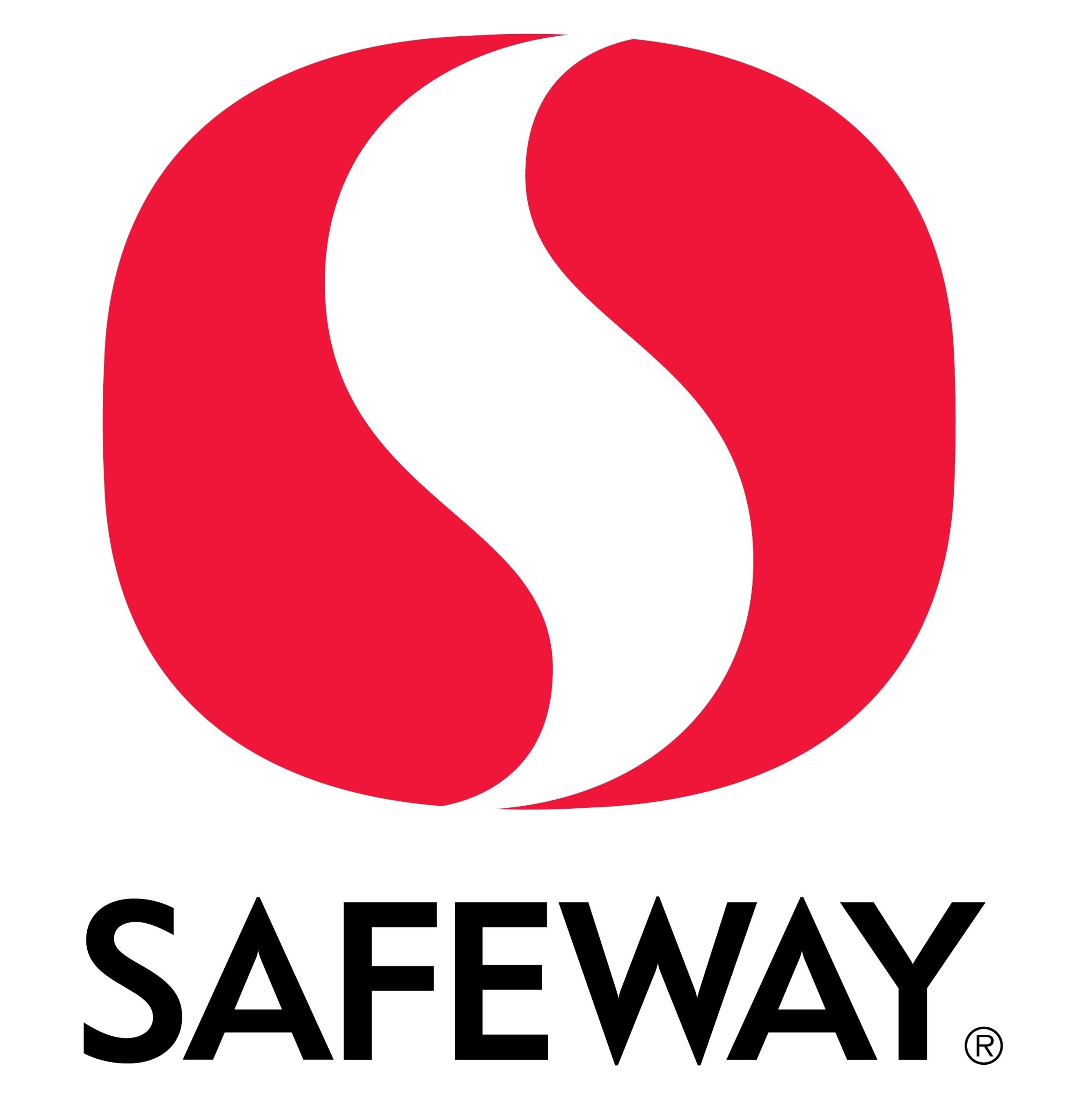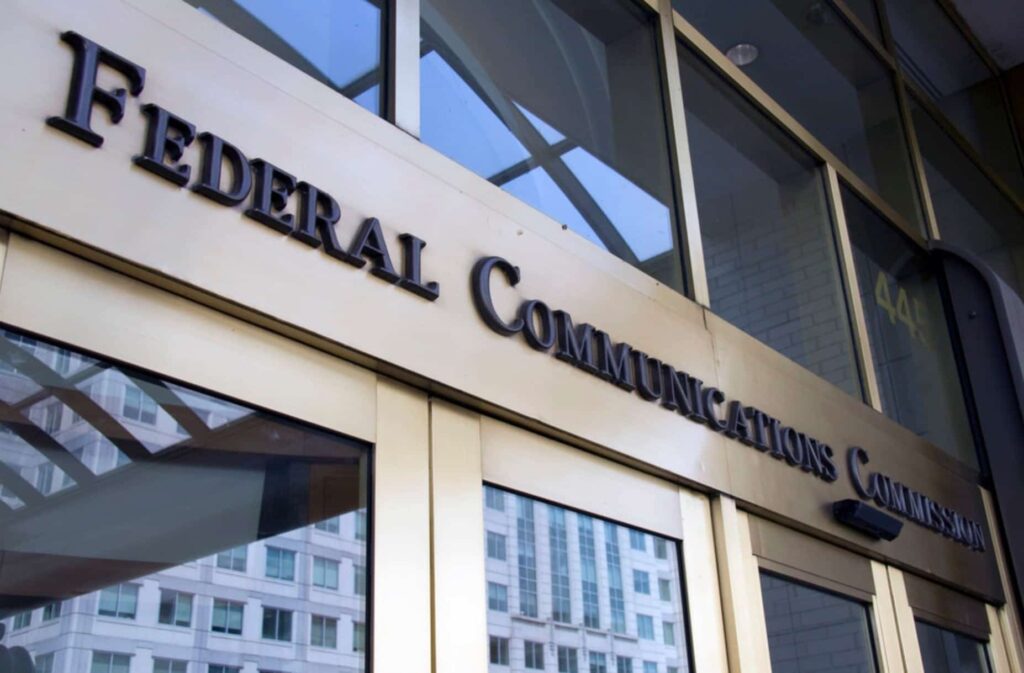Welcome to this month’s edition of “ADA in the News,” featuring recent news, updates, events, and rulings regarding the Americans with Disabilities Act.
Safeway to pay $75,000 to resolve disability discrimination lawsuit

According to the EEOC, a man applied online in 2017 for several jobs at a Seattle Safeway store, and was selected for an interview. However, once the man explained that he is deaf and would need an interpreter for the interview, the store never got back to him on the opportunity and, instead, hired several hearing individuals to fill the vacant positions.
The EEOC filed suit in U.S. District Court after first attempting to reach a pre-litigation settlement with the company. The three-year consent decree settling the lawsuit provides the man with $75,000 in damages for emotional distress and back pay, and calls for changes to Safeway’s hiring policies and practices.
Safeway also has agreed to revise its career website and application to make it easier for applicants to request special accommodations; include contact information in its ADA policy; conduct ADA and accommodation training; distribute annually its modified ADA/accommodation policy to all employees; and ensure that recruiters understand the company’s obligations under the ADA.
Greyhound Pays $3 Million to Settle ADA Claims
 The United States Department of Justice (DOJ) earlier this month announced that Greyhound Lines, Inc., paid nearly $3 million as part of a settlement to individuals who were traveling or attempted to travel on the bus line and encountered some sort of disability discrimination.
The United States Department of Justice (DOJ) earlier this month announced that Greyhound Lines, Inc., paid nearly $3 million as part of a settlement to individuals who were traveling or attempted to travel on the bus line and encountered some sort of disability discrimination.
The DOJ says that more than 2,100 people who experienced disability discrimination by Greyhound have received a settlement payout since 2016.
The disability lawsuit stemmed from a 2016 DOJ complaint that claimed the company had failed to provide equal services to those with disabilities in violation of the American with Disabilities Act. The claims included failing to provide assistance to travelers with disabilities when entering and exiting a bus, not maintaining accessibility features like lifts or securement devices, and not allowing customers with wheelchairs to complete their reservations online.
The settlement also requires Greyhound to hire an ADA compliance manager, provide ADA training to employees and contractors, offer technical training regarding the accessibility features of Greyhound’s fleet, and report every three months to the DOJ on its ADA-compliance efforts.
Lyft Lawsuit
 Popular rideshare service Lyft is arguing that it should not be subject to the Americans with Disabilities Act and is fighting a lawsuit on the grounds that “it is not in the transportation business.”
Popular rideshare service Lyft is arguing that it should not be subject to the Americans with Disabilities Act and is fighting a lawsuit on the grounds that “it is not in the transportation business.”
A federal class-action lawsuit filed in Westchester County, New York, in 2017 argues that the company fails to provide accessible vehicles to equally serve people living with disabilities.
Lyft moved to dismiss the suit on the grounds that Lyft users agree to solve disputes in arbitration and waive their rights to sue in a class action lawsuit as part of the company’s terms of service. A federal judge dismissed that request.
Last June, New York City settled a suit with Lyft, Uber, and Via over requirements that the companies provide more service to people in wheelchairs. Under the settlement, app-based ridesharing companies in New York City must service at least 80 percent of requests for wheelchair-accessible vehicles in under 10 minutes and 90 percent in under 15 minutes by mid-2021.
Lyft has disputed its obligations under the ADA, arguing that it’s not a transport company but is instead a technology company that does not own or lease any of the vehicles utilized by users of its online platform.
Lyft also is facing a class-action lawsuit that claims the company discriminates against people with disabilities in the San Francisco Bay area.
Pokémon Company Lawsuit
![]() The Pokémon Company is facing an ADA lawsuit that claims one of its websites is not equally accessible to blind visitors.
The Pokémon Company is facing an ADA lawsuit that claims one of its websites is not equally accessible to blind visitors.
The suit claims the Pokémon Center website – a merchandise site that sells t-shirts, toys, and trading cards – contains images that lack alternative text and is missing other elements that make it accessible to individuals who rely on screen reading software. The suit is seeking that the company make the website ADA-compliant.
No Substitute for Accessibility
Businesses in a variety of industries, from public transportation to Pikachu, are learning that providing accessible solutions for all customers, clients, and employees – whether it be via captioned content, interpreters, or wheelchair access – not only satisfies ADA requirements but also is good business and simply the right thing to do.

The Americans with Disabilities Act was enacted in 1990 to prohibit discrimination and ensure equal opportunity to people with disabilities. It is the first comprehensive civil rights legislation addressing and granting basic accessibility needs of people with disabilities. The law prohibits disability discrimination for state and local government services, employment, commercial facilities, transportation, places of public accommodation, and telecommunications.
A full-service accessible media services company, VITAC provides captions for clients in the corporate, educational, media and entertainment, stadium and event center, and government industries, to name just a few. From the ADA to Section 508 to the Federal Communications Commission’s Caption Quality Best Practices and the 21st Century Communications and Video Accessibility Act, we keep our clients up to date on the latest in captioning and accessibility regulations.
Website Accessibility: Harvard University Update; New York Legislators Plan Action

Harvard University has announced a digital accessibility policy to make its websites and web-based applications more accessible to those with disabilities.
The new policy – designed to increase accessibility via captioned videos and screen reader-compatible webpages – will apply to any public-facing websites or applications within the university’s domain. The policy will go into effect for existing websites and any new digital content created or revised on or after Dec. 1, 2019.
As noted in last month’s “ADA in the News” column, Harvard and the Massachusetts Institute of Technology are facing lawsuits alleging that the schools failed to caption its public online content.
The universities were accused by the National Association of the Deaf of failing to make their open online courses, guest lectures, and other video content accessible to people who are deaf or hard of hearing, in violation of Title III of the Americans with Disabilities Act, which prohibits disability discrimination in places of public accommodation.
Meanwhile, New York lawmakers are planning legislative action to curb a surge in the number of federal lawsuits brought against businesses that operate websites that allegedly violate the terms of the Americans with Disabilities Act.
More than 1,550 website accessibility lawsuits alleging non-compliance with ADA requirements were filed in New York federal courts in 2018, according to a report from law firm Seyfarth Shaw. The number of website lawsuits nationwide nearly tripled between 2017 and last year, the firm says.
Officials are expected to work with disability advocates on the issue, but may also consider setting new regulations for businesses in New York on website accessibility compliance. Currently, no such standards exist in state law, and the DOJ has issued no formal rulemaking on the matter, which then places responsibility on the courts to interpret the law on their own.
State officials also could also explore a “notice-and-cure” proposal to address the issue. The proposal would require that notice be given to a company ahead of any website accessibility lawsuit, providing the company time to address the problem and avoid litigation.




